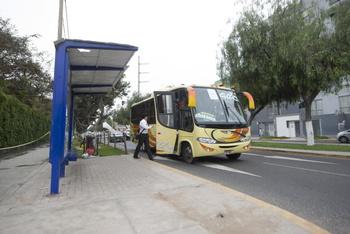Context
The Peruvian Government has committed to the goals of the 2030 Agenda, the 2015 Paris Climate Agreement and the New Urban Agenda. To guarantee its contribution to these agreements, Peru needs, among other, efficient, climate-friendly and citizen-centred public services in towns and cities.
Currently, public service management is poorly performing and highly departmentalised. In order to modernise public administration, it is necessary to professionalise its management, make it more coherent across different departments and more holistic. There is also a lack of suitable models for effective partnerships with private suppliers of municipal services.
Objective
Management of public services in selected cities is climate-friendly, citizen-centred, and cross-departmental.


